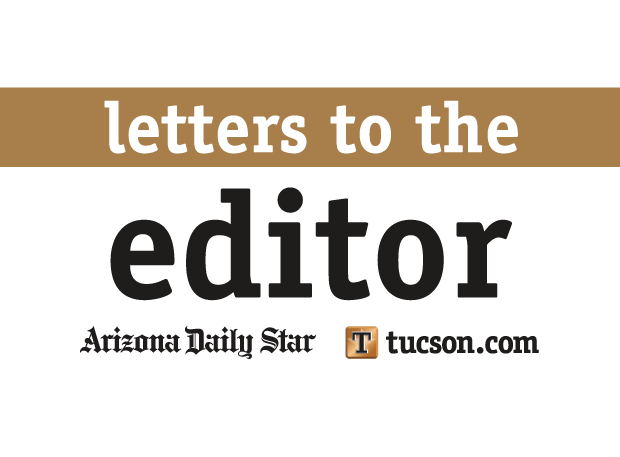Tucson lacks foresight on transportation
As a former transportation planner turned international community consultant and part-time Tucson resident, I think that Tucson transportation decision-makers need to consider consequences and be more forward-thinking.
What are the consequences of widening Grant and Broadway to six lanes? During construction, traffic will be impossible; diverted traffic will clog other streets. Neighborhoods and retail will have been disrupted and historic buildings gone forever.
What is the long-term prognosis? Initially, traffic flowing smoothly and fast through those corridors, Broadway no longer a thriving retail center, with many businesses gone and traffic speeding past. Pedestrians finding street crossing more difficult. Shortly, both Grant and Broadway will again be jammed. The city will be searching for new ways to move traffic.
Forward-looking cities are finding other ways to move people: promoting ride sharing combined with HOV lanes, good public transit, bike routes, traffic calming, encouragement of walking.
Barbara A. Coe
Northeast side
Vetoes preserve critical water sustainability work
Re: the May 10 article “Ducey vetoes bills easing developers’ water rules.”
Gov. Doug Ducey was wise to veto two bills last week that would have threatened Southern Arizona’s water sustainability.
The passage of the Groundwater Management Act in 1980 established Arizona as an international leader in water management and conservation. The bills would have diluted a provision in the act that developers show they have a 100-year assured water supply for any proposed projects. In Cochise County, Fort Huachuca has undertaken aggressive water conservation efforts to protect the San Pedro River.
With federal and state support, Arizona Land and Water Trust is working with Fort Huachuca to prevent development around the base that could interfere with its military mission and also strain the area’s water resources. The effort increases the fort’s survivability, keeps land in the hands of local ranchers and supports sensitive wildlife habitat. Had the governor not vetoed the bills, this work might have been wasted.
Liz Petterson
Midtown
Rhee’s departure to test Banner’s commitment
The resignation of Dr. Peter Rhee, a nationally recognized trauma surgeon and the chief of the Level 1 trauma center at Banner — University Medical Center, is nearly an irreplaceable loss. Rhee, who orchestrated and participated in the extraordinary care which led to the remarkable recovery of Congresswoman Gabby Giffords, was also responsible for the national recognition which the center gained in January 2011. The national recruitment of a comparably qualified physician/surgeon/researcher and leader will be a true test of Banner’s commitment to “excellence of care.”
Robert Volz
Professor emeritus, orthopedic
surgery
, University Medical Center North side
Shiny buildings can’t replace fine physicians
As longtime patients of University Medical Center (now Banner Machine) it’s dismaying to watch countless excellent physicians of all flavors leave the Banner system — a situation clearly described in the Star’s interview with Dr. Rhee last week.Tucson’s world-class trauma center concept has lost its “heart and soul” at the expense of scores of future trauma patients. Adding insult to injury, Banner is investing millions in a shiny 11-story facility but continues to lose the spirit and skills of brilliant medical personnel. Brick and mortar — easy. Replacing exceptional talent — daunting, often impossible.
Fond goodbyes to Dr. Rhee are in order, but kind words won’t fix this alarming situation. We need a potent outcry that demands (even from our legislators) that Banner change its strategy of stripping this community of its finest physicians.
Herminio and Judy Walby Diaz
Northwest side
Political apathy plagues younger generation
As a 19-year-old University of Arizona student who cares about preserving our democracy, it seems to me that there’s an intensely dangerous apathy regarding our political system and voting, especially among those of my generation. Even from a significant portion of grown adults, voting is seen as a chore, rather than a prideful civic duty. This ambivalence is formed from a multitude of factors, including from lawmakers who believe in making voting harder for citizens by enforcing strict voter ID laws.
Much noise is made of national and state elections, but local and municipal elections might have an even bigger impact on our daily lives, and these are the elections which get the least voter turnout. Nevertheless, in order to move forward toward a more sound democratic system, we must prioritize engaging Americans in our voting process. Please, make your voice heard, and collectively we can help others raise their voices as voting American citizens as well.
Matthew Rein
Foothills





